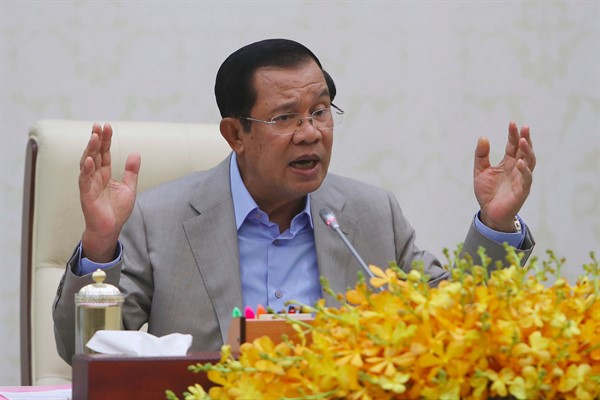After a long delay, Cambodia finally began producing oil from its offshore fields in the Gulf of Thailand last week. The Cambodian government’s partner in the oil venture, Singapore-based KrisEnergy Ltd., plans to ramp up production at new wells, with peak extraction expected to hit around 7,500 barrels per day by mid-February.
Cambodia has known about its offshore deposits for more than a decade, and major oil firms like Chevron had previously invested in exploration efforts off the country’s coast. But some investors were scared off by low global oil prices, and the Cambodian government initially had trouble securing a production agreement. KrisEnergy’s own lingering financial problems also likely contributed to the delay: The company, which owns a 95 percent stake in the Cambodian project, has been engaged in a lengthy debt restructuring that still is not completed.
Cambodia’s expected oil output pales in comparison to major players like Russia, which produces more than 10 million barrels each day. Some of its Southeast Asian neighbors, like Thailand and Vietnam, produce more than Cambodia as well. But even its modest new oil wealth will reportedly generate some $500 million in new revenue for Cambodia, which has a per capita GDP of only around $1,500. Announcing the advent of oil production, Prime Minister Hun Sen, who has dominated the country’s politics for more than three decades, called it “a blessing.” And yet, in one of the most authoritarian and corrupt countries in East Asia, with few remaining checks on the government’s power, who will actually benefit from the new oil wealth?

